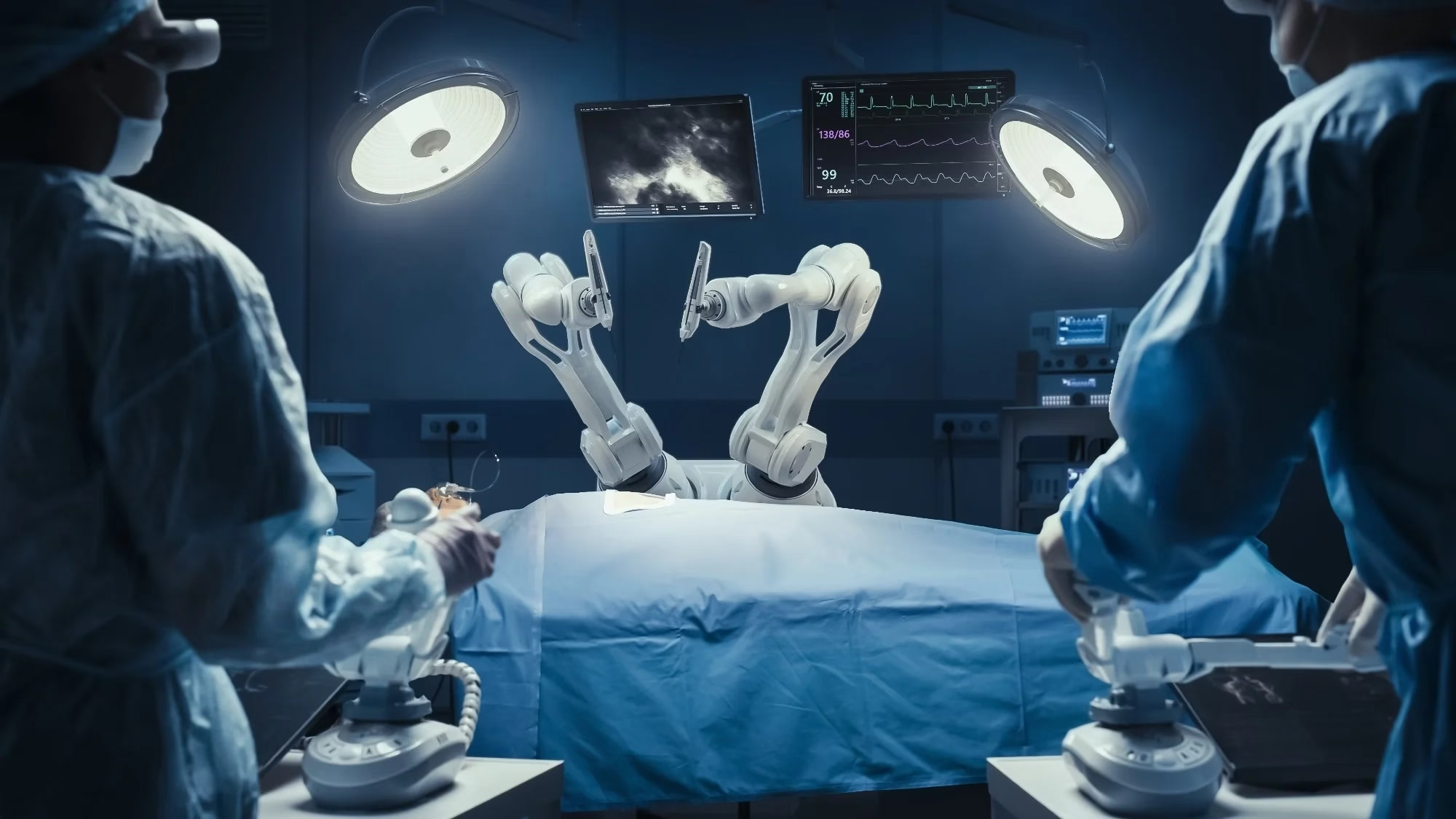In recent years, artificial intelligence has surged ahead in healthcare, delivering innovations that are not only transformative but also grounded in real, current developments. The following ten advancements are reshaping medical practice, patient experience, and clinical outcomes.
1. AI‑Powered Diagnostic Orchestrators
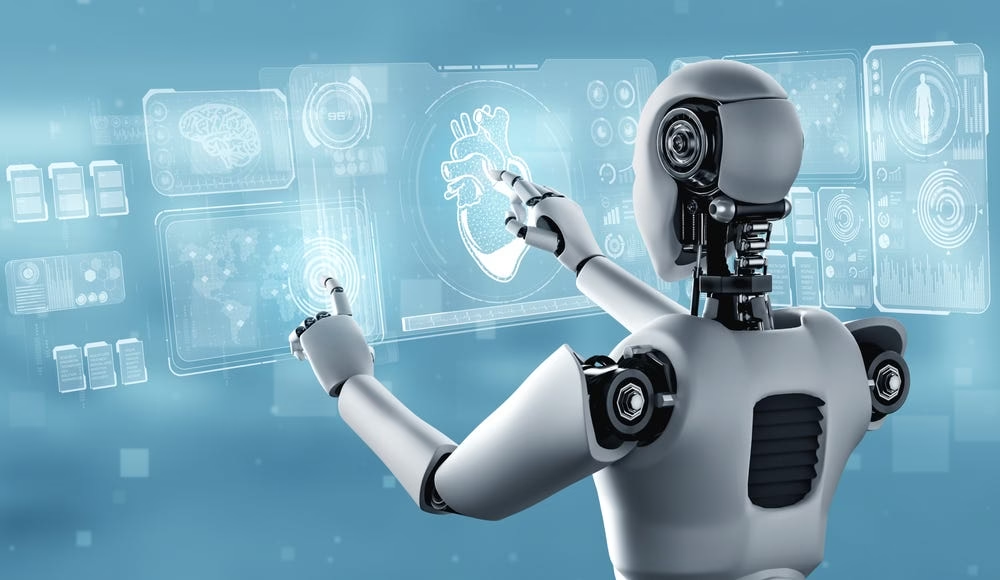
Today, tools such as Microsoft’s AI Diagnostic Orchestrator have redefined diagnostic accuracy. In tests on over 300 complex cases, this tool achieved 85 % correct diagnoses—well above the 20 % typical of experienced general practitioners—and required fewer redundant tests at lower cost. This “chain of debate” framework enables multiple AI agents to collaborate, delivering more robust medical reasoning—a game‑changer for diagnostic workflows.
2. Autonomous Surgical Robots
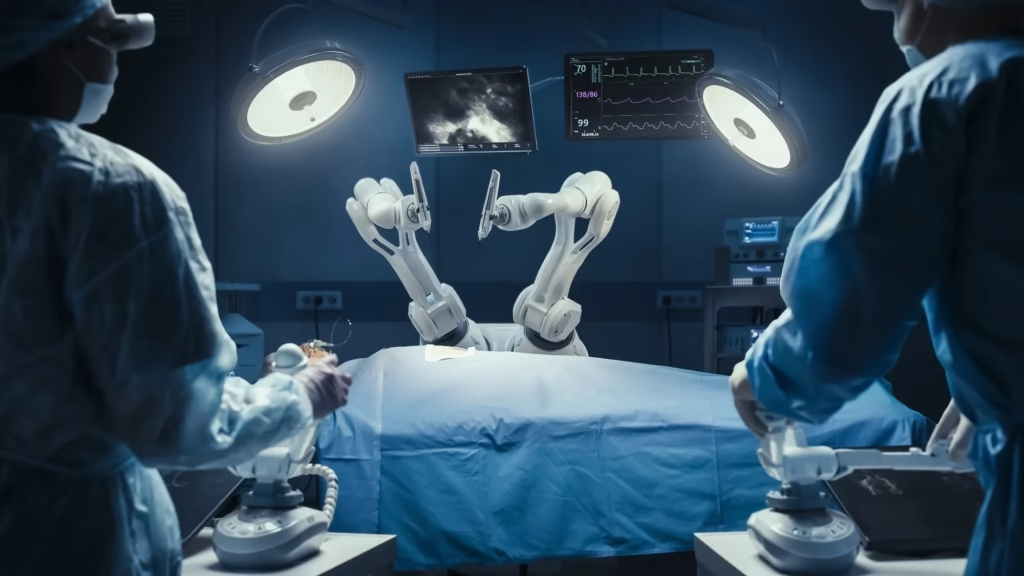
Recently, an AI-driven robot successfully conducted seven gallbladder removal procedures in pigs, achieving 100 % success—all while adapting to unexpected changes mid‑surgery with only minimal human assistance. This milestone suggests that highly complex procedures may soon be delegated to AI when human oversight is maintained.
3. AI‑Enhanced Wearables and Remote Monitoring
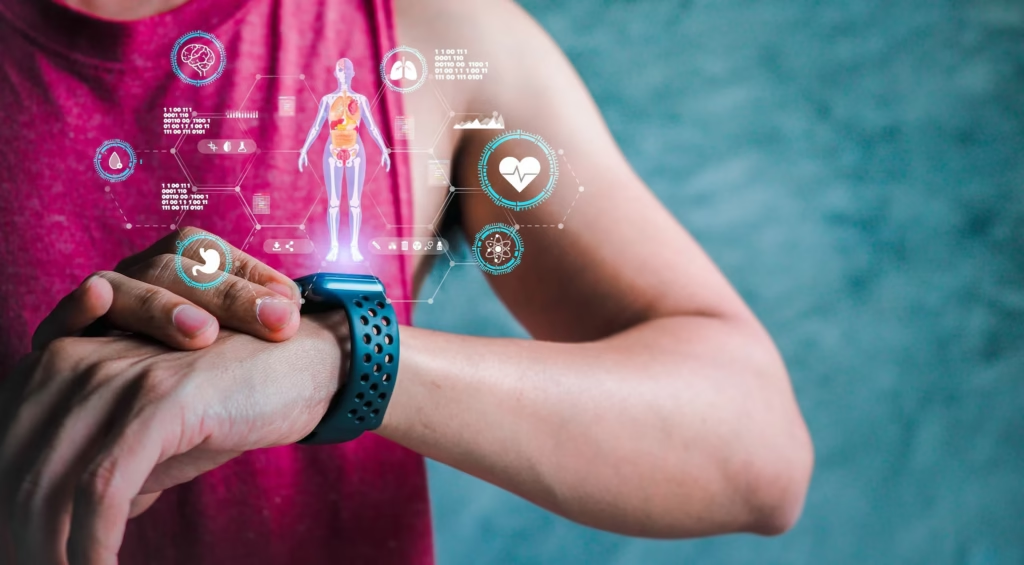
Wearables such as smartwatches and fitness bands now perform real‑time health monitoring powered by AI. In one case, Apple’s Wearable Behavior Model achieved up to 92 % accuracy in detecting pregnancy and other health conditions—without additional sensors—by analyzing movement and sleep patterns. At the same time, remote patient monitoring systems using continuous data streams were found to slow cognitive decline by 30‑40 % in early Alzheimer‘s, thanks to monthly anomaly detection in speech and behavior.
4. AI in Predictive Analytics and Population Health
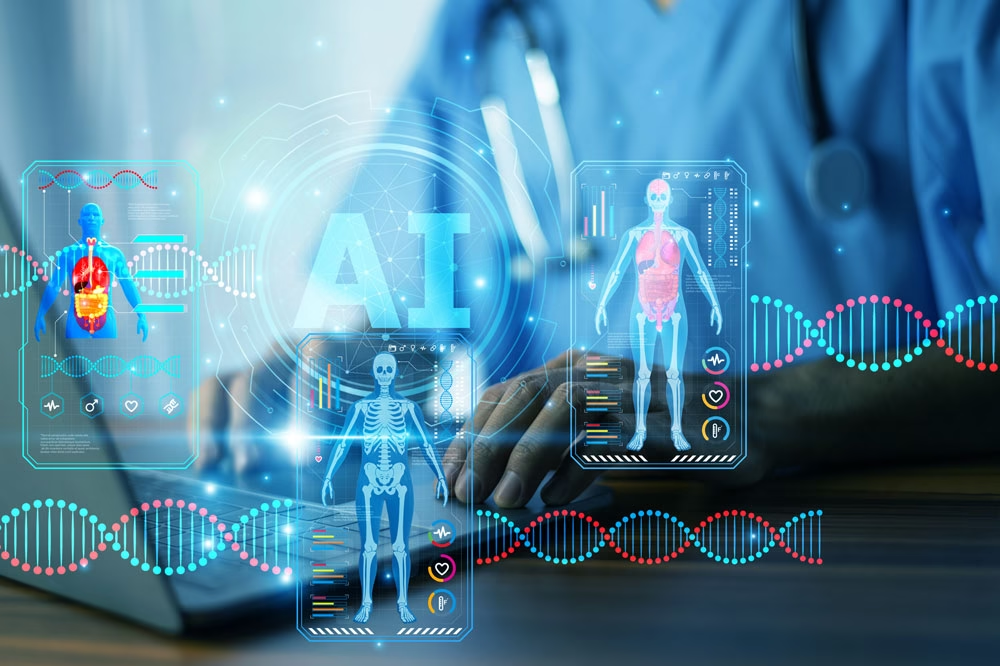
Predictive analytics driven by AI is increasingly used to forecast disease risk, hospital readmissions, and patient deterioration. Such proactive care models help clinicians intervene earlier, reducing acute events and improving outcomes across populations.
5. Precision Medicine & Drug Discovery

AI is now accelerating drug discovery and enabling personalized treatment. Deep learning models have helped identify novel antibiotics—including halicin and abaucin—that target antibiotic-resistant bacteria, saving years of conventional discovery time. Moreover, AI-assisted drug design platforms have reduced both development timelines and failure rates by 30–50 %.
6. Virtual Health Assistants and Medical AI Chatbots
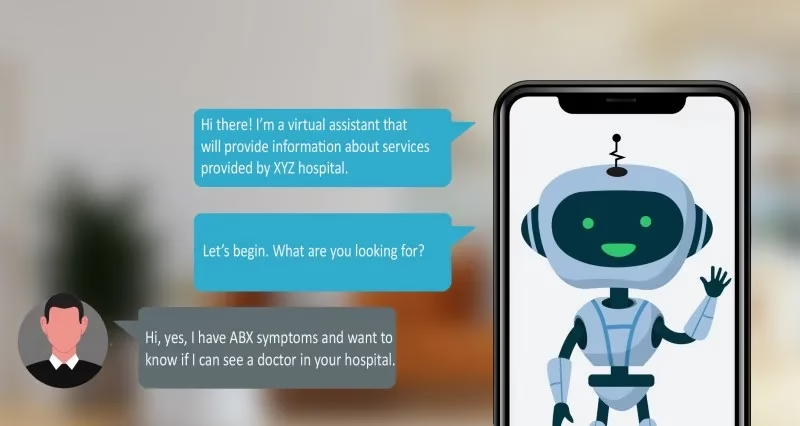
Virtual assistants are being deployed widely for patient engagement: scheduling appointments, providing medication reminders, and supporting mental health. For example, AI chatbot usage has been reported to deliver useful health advice in 90 % of interactions, improving accessibility and easing clinician workload . Organizations in tribal India are using AI kits to monitor maternal and child health in remote areas—transforming rural care access.
7. Automated Medical Scribes and Clinical Documentation

Clinicians are being relieved of administrative burden by AI medical scribe tools. In the UK, four out of five GPs using ambient AI reported that administrative time was significantly saved, and patient interactions were deeper and more present. This automation has been shown to reduce burnout while raising job satisfaction and improving patient care.
8. AI‑Enabled Robotics in Rehabilitation & Elder Care
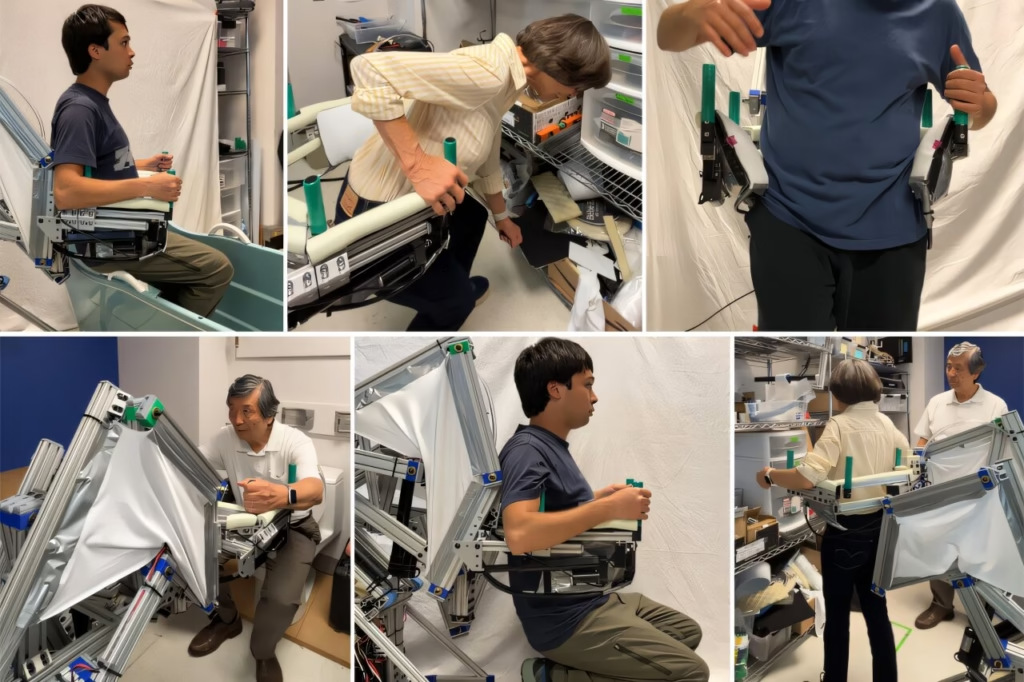
Beyond surgery, AI robotics is assisting with rehabilitation and elderly support. Rehab exoskeletons now offer biomechanical feedback to patients post‑injury. In the UK and South Korea, home‑care robots deliver medication reminders and emotional support to seniors, enhancing independence and reducing caregiver burden.
9. Advanced Natural Language Processing (NLP) in Medicine
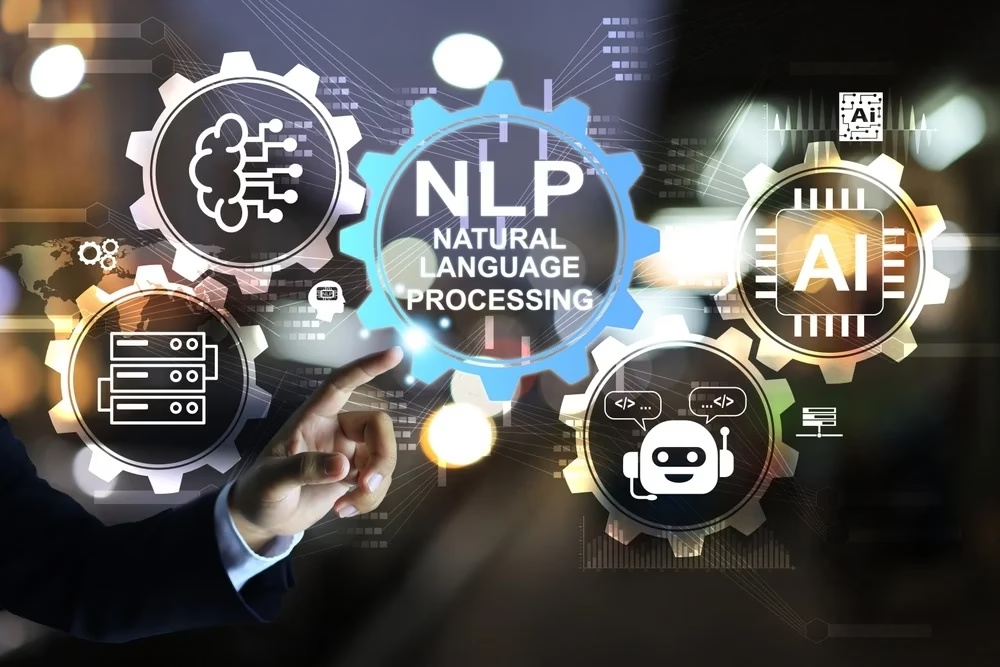
NLP systems now read and analyze unstructured clinical notes, EHRs, and consultation transcripts—extracting data that was previously buried. This enables faster, more accurate clinical documentation and decision support, as well as better population health monitoring.
10. AI‑Powered Cybersecurity for Healthcare Data

As digital healthcare expands, AI-based cybersecurity tools are protecting sensitive patient data with advanced anomaly detection, predictive threat modeling, and real‑time patching. Programs like ARPA‑H’s DIGIHEALS aim to reduce critical vulnerabilities using machine learning, safeguarding healthcare infrastructure at scale.
Conclusion
In the dynamic landscape of 2025, artificial intelligence is shaping a new era of smarter, faster, more personalized healthcare. From robots in the operating room to AI assistants in rural villages, each innovation is bringing us closer to a model of care that is data‑driven, efficient, and humane. As these technologies mature, healthcare providers, policy‑makers, and developers alike must collaborate to ensure ethical, equitable and secure deployment—so that the benefits reach every patient, across all communities.
![]()
